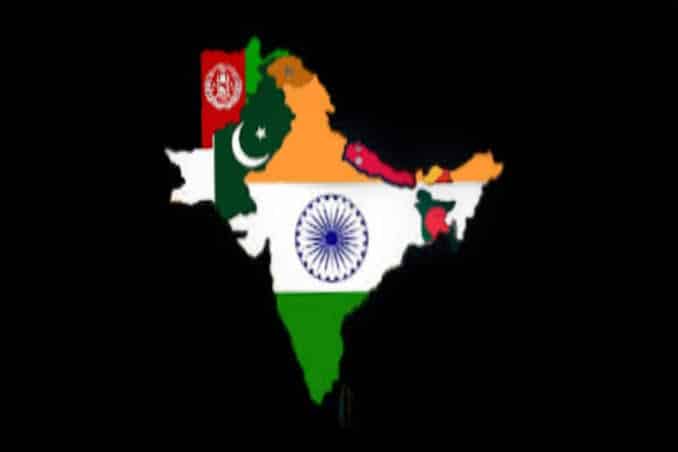The recent unannounced visit of a senior Afghan politician and former defence minister to Indian-administered Kashmir, in the aftermath of the Pahalgam incident, has once again exposed the enduring and covert strategic alignment between Kabul and New Delhi—an alliance that has historically operated to Pakistan’s detriment.
The visit, conducted away from public and diplomatic scrutiny, serves as a stark reminder of the deeply embedded ties between Afghanistan and India, which have persisted across successive Afghan regimes—from the monarchy of King Zahir Shah to the present-day Taliban administration. Despite ideological and political shifts, one constant has remained: Afghanistan’s consistent tilt towards India on matters of regional importance.
The development has raised fresh concerns in Islamabad, particularly among security and diplomatic circles, over Kabul’s continued lack of transparency and unwillingness to pursue a sincere and balanced relationship with Pakistan.
“Afghanistan’s repeated preference for India, despite Pakistan’s longstanding support in times of crisis, speaks volumes,” said a senior policy observer. “It is unfortunate that segments within our political landscape still hold misplaced optimism about Kabul’s intentions.”
Postscript: Meanwhile, diplomatic sources confirm growing unease in New Delhi following Turkey’s acquisition of advanced F-35 fighter aircraft from the United States. Indian officials fear the possibility of these cutting-edge jets eventually bolstering Pakistan’s defence capabilities through strategic collaboration. This concern is compounded by the Pakistan Air Force’s increasingly effective integration of Chinese-manufactured fighter aircraft, which has already shifted the regional airpower dynamic and caused visible discomfort in Indian defence quarters.





